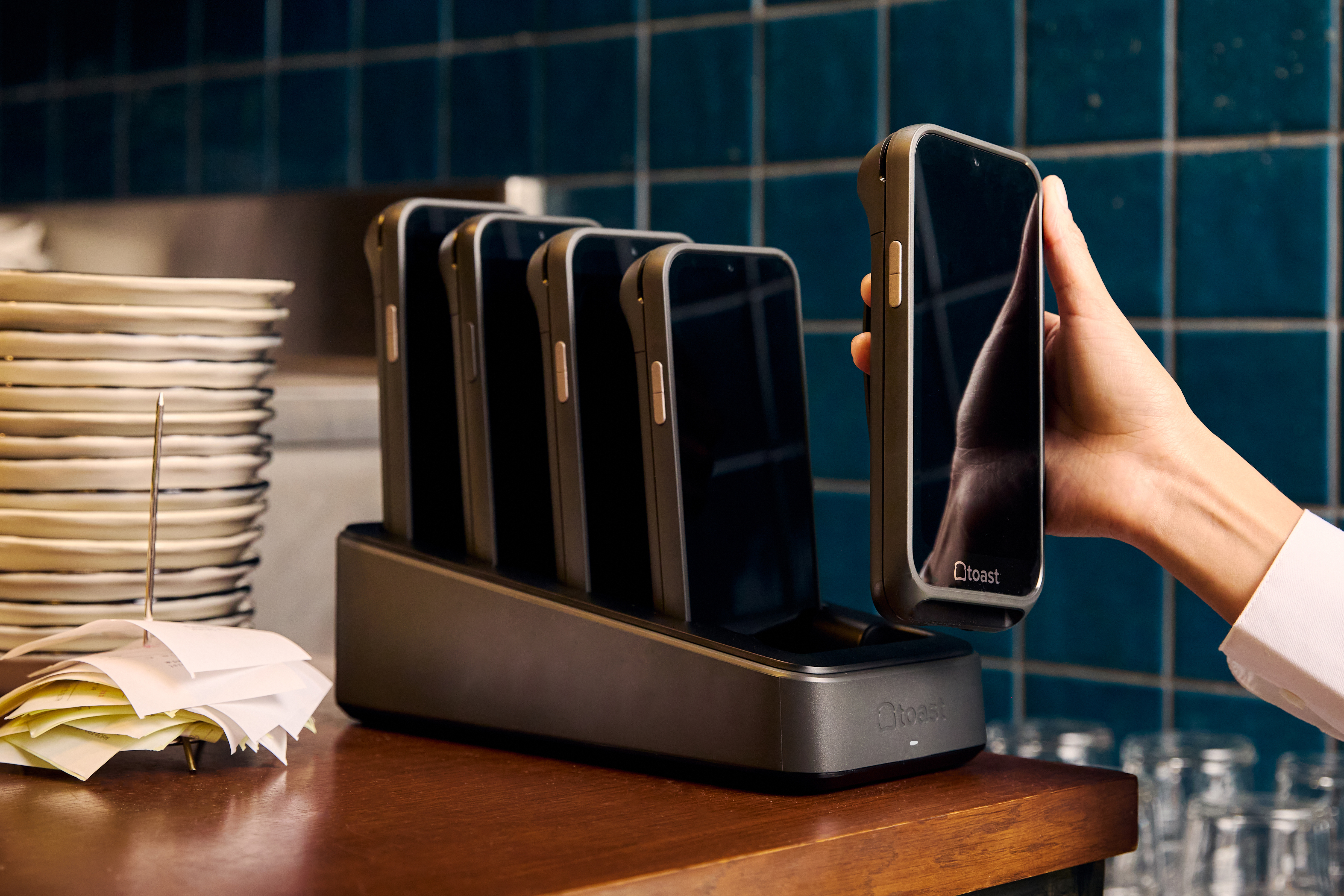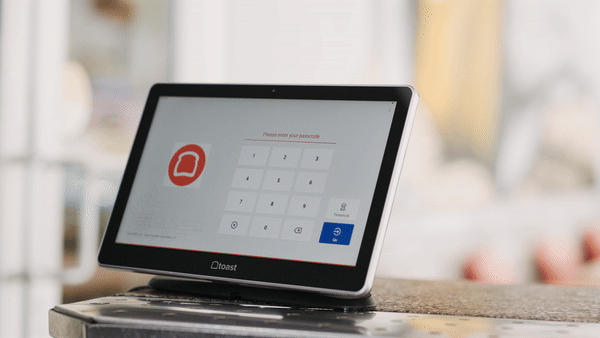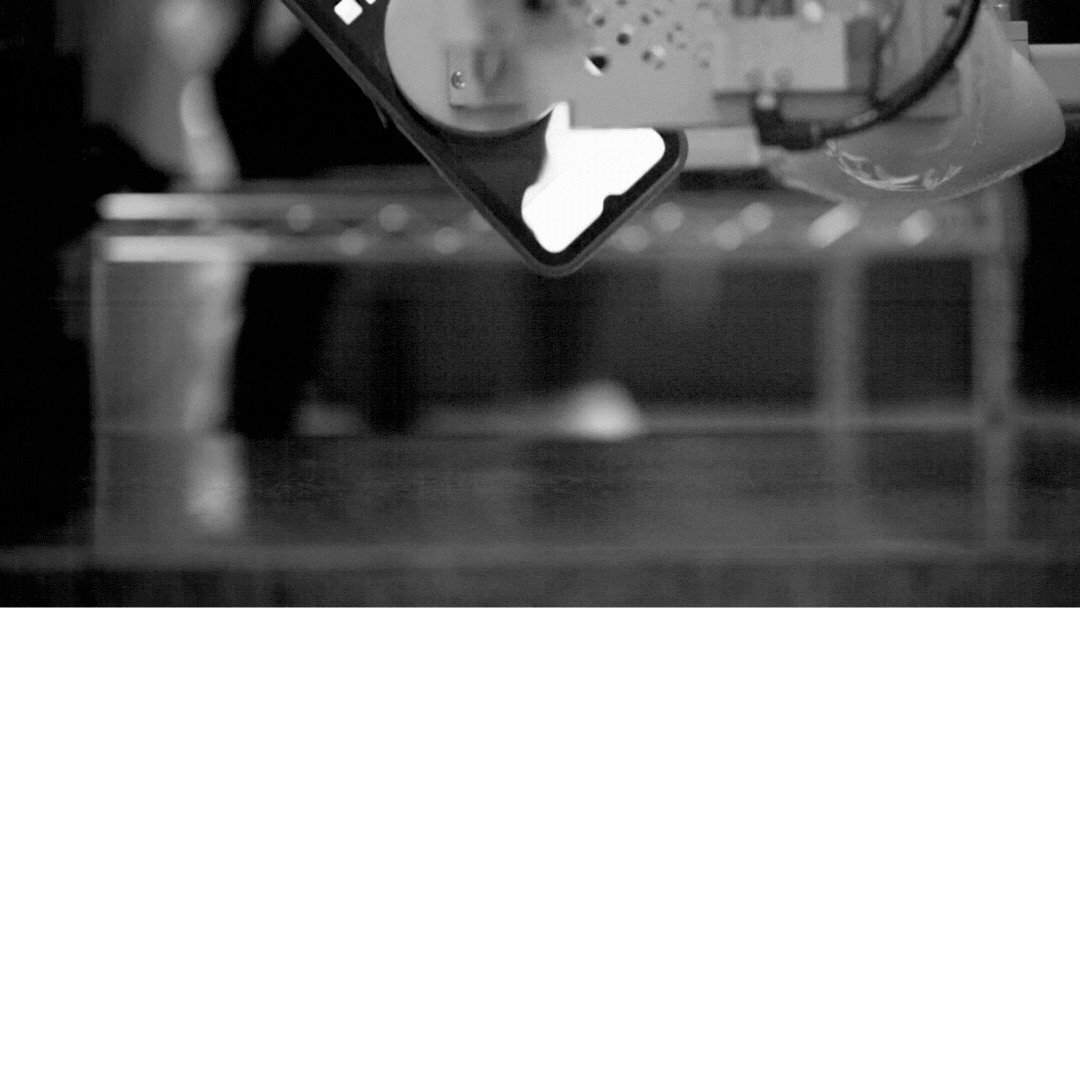Beyond Industry Test Standards: Testing for Real-World Restaurant Environments

 Joshua Spielman
Joshua SpielmanWalk into any busy restaurant kitchen and you’ll find a world of extremes: hot, humid air clashing with blasts of cold from walk-in freezers, drinks spilled mid-rush, fry grease settling on every surface, and hard tile floors that show no mercy when devices are dropped. At Toast, we design hardware specifically for this world—not just any commercial environment, but the restaurant floor.
And here’s the truth: traditional hardware standards are designed for a variety of industries and use cases, not just restaurants. That’s why we’ve built testing practices that go beyond general-purpose certifications—tailored to the unique wear and tear of the hospitality industry.
Defining “Restaurant Grade”
In the consumer electronics world, IP ratings (Ingress Protection) are often used to market devices as waterproof or dustproof. MIL-STD testing might validate drop survivability or altitude performance. While we use standards like these to build durable hardware, these standards were never designed with restaurant chaos in mind. Take for example a beer hall or beach side restaurant; sticky beer spilled on our Flex or Toast Go devices, possible exposure to salty, sandy, humid air.
That’s why at Toast, we’ve developed an internal benchmark we call Restaurant Grade. It’s not just a marketing term—it’s a design and testing philosophy to push our hardware to survive and thrive in the real conditions our customers face every day.
Building Our Own Standards
"Hospitality-grade" means our Flex and Toast Go hardware undergoes rigorous, restaurant-specific testing, including:
Restaurant Grade Test Categories | What We Simulate in Our Lab |
Drop and Impact Testing | Drop and impact testing that simulates real-world scenarios like angled falls or countertop-edge strikes |
Grease Soak Testing | Grease soak testing to evaluate resistance to kitchen ingredients |
Thermal Shock and Humidity Cycling | Thermal shock and humidity cycling to replicate the intense shifts from hot kitchens to coolers or freezers |
Button and Touchscreen Fatigue | Button and touchscreen fatigue testing with repeated swipes, taps, and presses |
Restaurant Spill Testing | Restaurant spill testing using common liquids like coffee, soda, and wine—checking continued functionality in a simulated restaurant environment |
We complement this with HALT (Highly Accelerated Life Testing) and HASS (Highly Accelerated Stress Screening) to uncover early-life weaknesses and catch potential reliability issues before they ever reach a customer.
Closing the Loop: Learning from the Field
Testing in the lab is only part of the story. Our best lessons come from the field—from POS terminals exposed to years of use on a hot fry line, or handhelds accidentally left outside overnight. We collect detailed feedback, and partner closely with our Customer Care and Field teams to understand failures - helping identify design opportunities. Whether it’s troubleshooting in high-humidity kitchens or innovating as technology improves, we’re constantly refining our approach based on real-world use.
That loop—from field to lab to fix—is how we define reliability at Toast.

The Bottom Line for Restaurants
Why go to all this trouble? Because a broken terminal in the middle of a dinner rush means more than downtime. By building Restaurant Grade hardware, we help restaurants stay up and running—no matter what’s thrown at them.
It’s critical to balance cost and design for restaurants that might already have tight margins - a military grade Terminal or Handheld device would cost twice as much. Our design philosophy is tailored to the restaurant space and use case, so the restaurant can focus on their food and experience, not their technology that generates a real need for something.
We’re proud to push our hardware, innovate, and custom-built specifically for the hospitality industry. And this is just the start. The restaurant environment and needs of this industry are continuously shifting and evolving, pushing us to be at the forefront of innovation.
____________________________
This content is for informational purposes only and not as a binding commitment. Please do not rely on this information in making any purchasing or investment decisions. The development, release and timing of any products, features or functionality remain at the sole discretion of Toast, and are subject to change. Toast assumes no obligation to update any forward-looking statements contained in this document as a result of new information, future events or otherwise. Because roadmap items can change at any time, make your purchasing decisions based on currently available goods, services, and technology. Toast does not warrant the accuracy or completeness of any information, text, graphics, links, or other items contained within this content. Toast does not guarantee you will achieve any specific results if you follow any advice herein. It may be advisable for you to consult with a professional such as a lawyer, accountant, or business advisor for advice specific to your situation.



